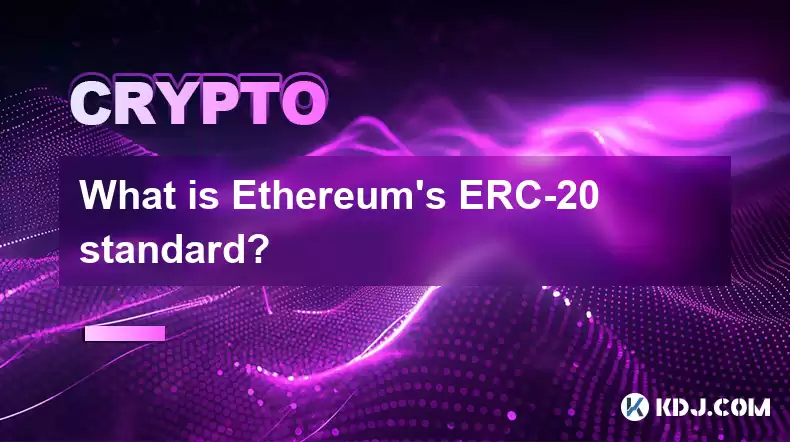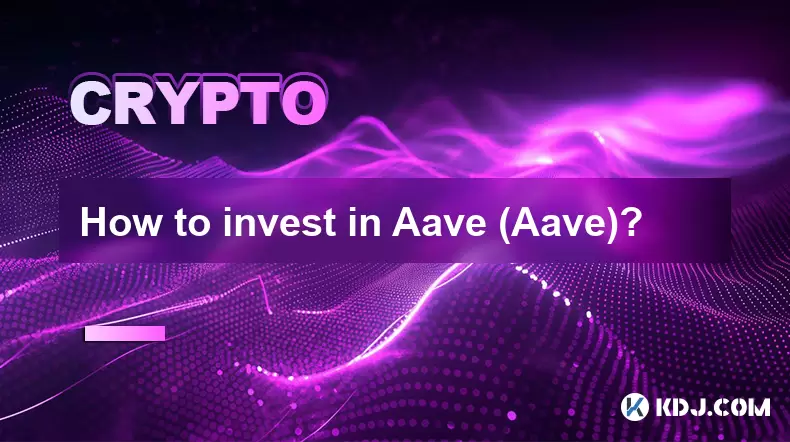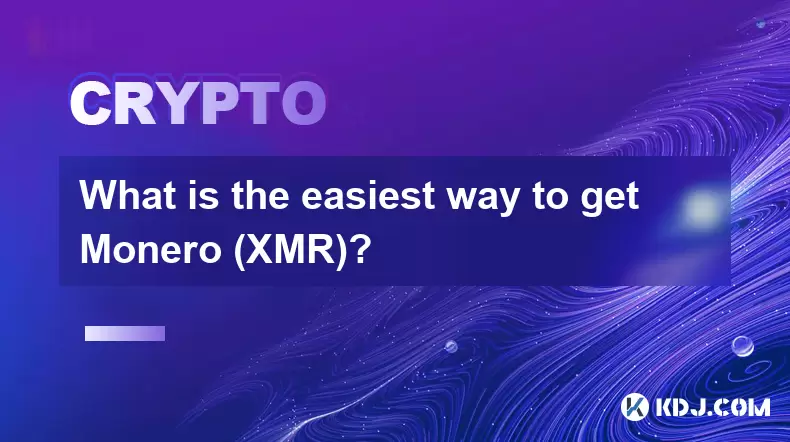-
 Bitcoin
Bitcoin $117300
1.99% -
 Ethereum
Ethereum $3884
5.89% -
 XRP
XRP $3.268
9.33% -
 Tether USDt
Tether USDt $1.000
0.02% -
 BNB
BNB $783.0
1.78% -
 Solana
Solana $173.6
3.51% -
 USDC
USDC $0.9999
0.00% -
 Dogecoin
Dogecoin $0.2193
7.00% -
 TRON
TRON $0.3380
0.30% -
 Cardano
Cardano $0.7769
5.08% -
 Stellar
Stellar $0.4350
9.36% -
 Hyperliquid
Hyperliquid $40.23
5.78% -
 Sui
Sui $3.739
6.95% -
 Chainlink
Chainlink $18.30
9.46% -
 Bitcoin Cash
Bitcoin Cash $581.7
2.11% -
 Hedera
Hedera $0.2577
5.51% -
 Ethena USDe
Ethena USDe $1.001
0.00% -
 Avalanche
Avalanche $23.08
4.23% -
 Litecoin
Litecoin $121.7
2.24% -
 UNUS SED LEO
UNUS SED LEO $8.962
-0.34% -
 Toncoin
Toncoin $3.332
1.36% -
 Shiba Inu
Shiba Inu $0.00001273
3.39% -
 Uniswap
Uniswap $10.35
6.84% -
 Polkadot
Polkadot $3.818
4.01% -
 Dai
Dai $1.000
0.01% -
 Bitget Token
Bitget Token $4.446
2.13% -
 Cronos
Cronos $0.1491
4.96% -
 Monero
Monero $255.4
-9.78% -
 Pepe
Pepe $0.00001099
4.80% -
 Aave
Aave $284.0
8.01%
What is Ethereum's ERC-20 standard?
As per the ERC-20 standard, the `balanceOf` function efficiently retrieves the account balance for a specified token within the Ethereum ecosystem, facilitating seamless token management and transfer.
Feb 17, 2025 at 07:00 pm

Key Points
- Overview of Ethereum's ERC-20 Standard
- Technical Specifications of the ERC-20 Token Interface
- ERC-20 Token Issuance and Deployment
- ERC-20 Token Management and Transfer
- ERC-20 Token Use Cases and Benefits
Overview of Ethereum's ERC-20 Standard
- The ERC-20 standard defines a set of rules and guidelines for creating and deploying tokens on the Ethereum blockchain.
- It ensures interoperability and compatibility between different tokens and token applications.
- ERC-20 tokens can represent various assets, including cryptocurrencies, stablecoins, utility tokens, and security tokens.
- This standard has facilitated the explosive growth of decentralized finance (DeFi) and various token-based applications on the Ethereum network.
Technical Specifications of the ERC-20 Token Interface
The ERC-20 interface includes a series of mandatory functions and events, such as:
totalSupply: Returns the total number of tokens in existence.balanceOf: Returns the token balance of a specific account.transfer: Transfers tokens from one account to another.allowance: Returns the number of tokens that one account has allowed another account to spend on its behalf.approve: Allows an account to spend a specified number of tokens on behalf of another account.
- These functions enable developers to interact with ERC-20 tokens in a standardized and efficient manner.
ERC-20 Token Issuance and Deployment
- To create an ERC-20 token, developers can use smart contract templates or custom code.
- The smart contract specifies the token's name, symbol, and other attributes, such as its total supply and tokenomics.
- Developers can deploy the token contract on the Ethereum blockchain using a cryptocurrency wallet or an automated deployment tool.
- After deployment, the ERC-20 tokens can be purchased, traded, and transferred within the Ethereum ecosystem.
ERC-20 Token Management and Transfer
- ERC-20 tokens can be transferred between Ethereum addresses using the
transferfunction. - To manage tokens on behalf of another account, the
approvefunction can be used to grant a specific allowance. - Transactions involving ERC-20 tokens require payment of gas fees in Ether (ETH) to incentivize miners to process the transactions.
- Users can monitor token transactions through blockchain explorers or user interfaces provided by exchanges and wallets.
ERC-20 Token Use Cases and Benefits
- Cryptocurrencies: ERC-20 tokens can represent cryptocurrencies with their own monetary value and use cases.
- Stablecoins: Stablecoins are ERC-20 tokens that are pegged to a fiat currency, such as the US dollar, to maintain price stability.
- Utility Tokens: Utility tokens provide access to specific services or features within a decentralized application or ecosystem.
- Governance Tokens: Governance tokens grant holders voting rights to influence the development and governance of a project or ecosystem.
- Security Tokens: Security tokens represent fractional ownership of real-world assets, such as stocks, bonds, or real estate.
FAQs
What are the advantages of ERC-20 tokens?
- Interoperability and compatibility within the Ethereum ecosystem.
- Ease of issuance and deployment.
- Support for a wide range of token use cases.
- Accessibility to a vast and active community of developers and users.
How do I create an ERC-20 token?
- Use smart contract templates or custom code to define the token's attributes.
- Deploy the token contract on the Ethereum blockchain.
- Set the token's initial supply and distribution.
What is the difference between ERC-20 and other token standards?
- ERC-20 is a specific standard for creating tokens on the Ethereum blockchain.
- Other popular token standards include ERC-721 (NFTs), ERC-223 (advanced token transfers), and BEP-20 (Binance Smart Chain).
- Each standard has its own unique specifications and use cases.
Disclaimer:info@kdj.com
The information provided is not trading advice. kdj.com does not assume any responsibility for any investments made based on the information provided in this article. Cryptocurrencies are highly volatile and it is highly recommended that you invest with caution after thorough research!
If you believe that the content used on this website infringes your copyright, please contact us immediately (info@kdj.com) and we will delete it promptly.
- Bitcoin Reserve, Gold Revaluation, Congress Considers: A New Era for US Financial Strategy?
- 2025-08-08 04:30:12
- KAITO's Momentum: Can It Reclaim Support Amidst Social Media Scrutiny?
- 2025-08-08 04:30:12
- Pi Coin's dApp and AI Potential: Building a Decentralized Future
- 2025-08-08 02:30:12
- Ruvi AI Takes the Lead: Outshining Dogecoin on CoinMarketCap
- 2025-08-08 02:50:12
- Cryptos Under $1: Is Ripple Still the King?
- 2025-08-08 03:50:12
- Cold Wallet, Bonk Price, ICP Price: Navigating the Crypto Landscape in 2025
- 2025-08-08 03:56:12
Related knowledge

Where can I buy UMA (UMA)?
Aug 07,2025 at 06:42pm
Understanding UMA and Its Role in Decentralized FinanceUMA (Universal Market Access) is an Ethereum-based decentralized finance (DeFi) protocol design...

What exchanges support buying IOTA (MIOTA)?
Aug 07,2025 at 09:58pm
Understanding the Role of Private Keys in Cryptocurrency SecurityIn the world of cryptocurrency, private keys are the cornerstone of ownership and con...

What is the best app to buy EOS?
Aug 07,2025 at 04:35pm
Understanding EOS and Its Role in the Cryptocurrency EcosystemEOS is a blockchain platform designed to support decentralized applications (dApps) with...

What platforms support buying Fantom (FTM)?
Aug 08,2025 at 01:56am
Overview of Fantom (FTM) and Its EcosystemFantom (FTM) is a high-performance, scalable, and secure layer-1 blockchain designed to overcome the limitat...

How to invest in Aave (Aave)?
Aug 08,2025 at 01:07am
Understanding Aave (AAVE) and Its Role in DeFiAave is a decentralized finance (DeFi) protocol that enables users to lend, borrow, and earn interest on...

What is the easiest way to get Monero (XMR)?
Aug 08,2025 at 02:56am
Understanding Monero (XMR) and Its Privacy FeaturesMonero (XMR) is a privacy-focused cryptocurrency that ensures complete anonymity in transactions th...

Where can I buy UMA (UMA)?
Aug 07,2025 at 06:42pm
Understanding UMA and Its Role in Decentralized FinanceUMA (Universal Market Access) is an Ethereum-based decentralized finance (DeFi) protocol design...

What exchanges support buying IOTA (MIOTA)?
Aug 07,2025 at 09:58pm
Understanding the Role of Private Keys in Cryptocurrency SecurityIn the world of cryptocurrency, private keys are the cornerstone of ownership and con...

What is the best app to buy EOS?
Aug 07,2025 at 04:35pm
Understanding EOS and Its Role in the Cryptocurrency EcosystemEOS is a blockchain platform designed to support decentralized applications (dApps) with...

What platforms support buying Fantom (FTM)?
Aug 08,2025 at 01:56am
Overview of Fantom (FTM) and Its EcosystemFantom (FTM) is a high-performance, scalable, and secure layer-1 blockchain designed to overcome the limitat...

How to invest in Aave (Aave)?
Aug 08,2025 at 01:07am
Understanding Aave (AAVE) and Its Role in DeFiAave is a decentralized finance (DeFi) protocol that enables users to lend, borrow, and earn interest on...

What is the easiest way to get Monero (XMR)?
Aug 08,2025 at 02:56am
Understanding Monero (XMR) and Its Privacy FeaturesMonero (XMR) is a privacy-focused cryptocurrency that ensures complete anonymity in transactions th...
See all articles

























































































